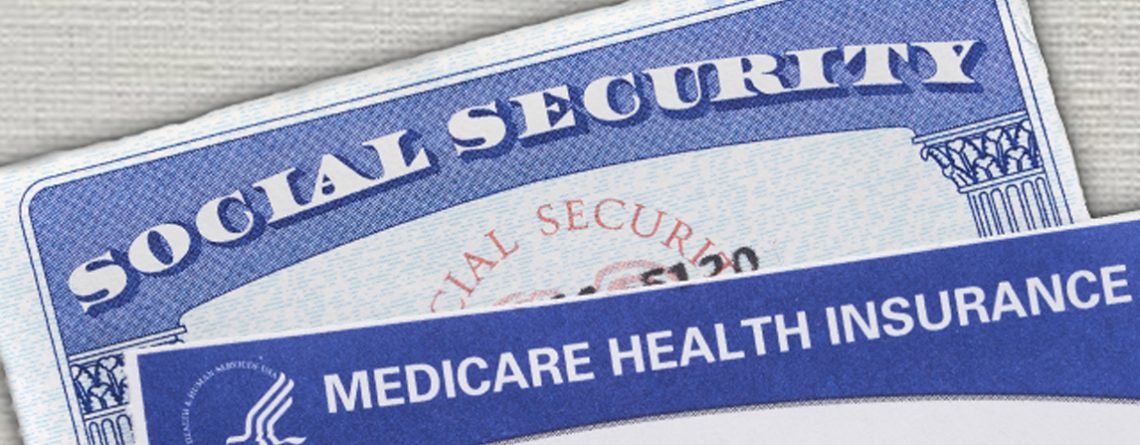Opting Out of Social Security: An Idea That’s Already Arrived
By David P. Richardson
Under current law, workers can partially opt out of Social Security and reduce Medicare tax liability by accepting compensation in forms exempt from payroll taxes. Changing forms of compensation has an ambiguous effect on a worker’s lifetime consumption possibilities. With respect to Medicare, all households are better off since they reduce tax contributions to a fixed benefit. For Social Security, the effect is ambiguous since the tax reduction implies future benefit reductions. Analyzing a hybrid reform proposal that requires workers to place exempted earnings and foregone payroll taxes in a personal retirement account, I find that all workers can increase retirement resources.
Source: SSRN











